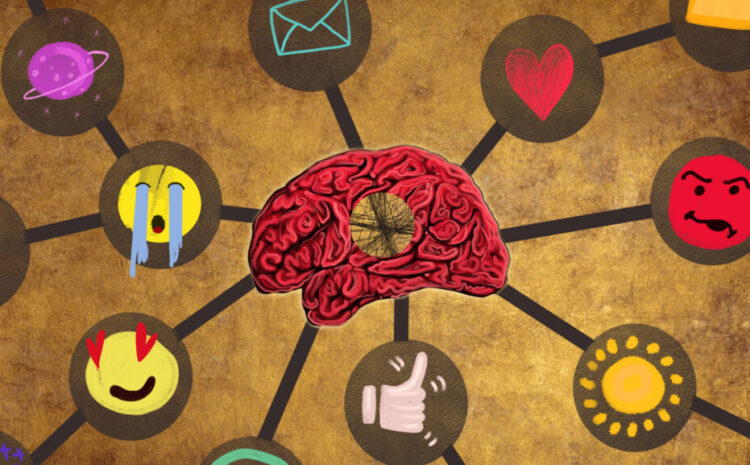
The CEO Challenge: Balancing Emotional Intelligence and Critical Thinking
As a Dental CEO, decision-making is one of your primary responsibilities. No matter how collaborative a work environment you create (and you should create a collaborative work environment!), as the CEO, you are the ultimate decision-maker.
Personally, I believe that great decisions are most likely to come from a CEO who understands the balance between critical thinking and emotional intelligence. Given the scientific training most dentists experience, many of them are comfortable with the idea of critical thinking. Assessing problems and critically considering the varying impact of different potential solutions almost sounds like second nature – similar to treatment planning! Furthermore, it sounds very much in line with the objective process we would expect of a CEO.
More recently, we are all aware of the movement to increase the level of “emotional intelligence” in the decision-making process. Some leaders have embraced the concept while others remain more skeptical about its importance. The latter group is wary of injecting emotion into their decisions as they believe emotional decisions are, by their very nature, bad decisions.
If you fall into this school, it might be time to re-assess your thinking.
First of all, let’s challenge the notion that “emotional decisions are bad decisions.” The reality is many decisions in life are motivated by emotional considerations. We may logically rationalize them after the fact, but the motivation to decide upon something in the first place is often emotional.
This reality plays out regularly in dentistry. When it comes to proceeding with costly, cosmetic treatment options, we know many patients rely heavily on emotion in making their decision. We would never argue that the decision to proceed with such a treatment plan is a bad decision, would we?
So many decisions we make have an emotional component to them. Do not assume a decision will be bad because it is based, in part, on emotional considerations.
Secondly, when you truly analyze the concepts, “emotional intelligence” is not a precursor to emotional decision-making. Emotional intelligence is simply a skillset wherein people are said to possess empathy, good social/communication skills, are self-aware, and can exercise great self-regulation.
When seen from this lens, a CEO with a high level of emotional intelligence is not one who makes emotional decisions. Rather, they incorporate emotional intelligence into their critical thinking process when making a decision.
They have the empathy to understand that, sometimes, their decisions may not sit well with all members of the team…but as the CEO, sometimes they have to make unpopular decisions. Rather than present it with a “this is how it’s going to be” attitude, these CEO’s combine their empathy with their communication skills to present that decision in the best possible light.
Should some team members voice their displeasure, as they inevitably will, the emotionally intelligent CEO can regulate their response. It does not mean they will change their mind. Instead, they have the skills to at least make a team member feel heard, which may prevent an unpopular decision from escalating into a revolt.
When you look at the process from this light, it is apparent that the rush toward the light of emotional intelligence does not mean abandoning critical thinking skills – nor should it. An effective Dental CEO understands the two must co-exist. They understand how to incorporate their emotional intelligence into their critical-thinking process.
They are not making bad, “emotional” decisions. What they are doing is balancing two essential skills a CEO needs to excel!


